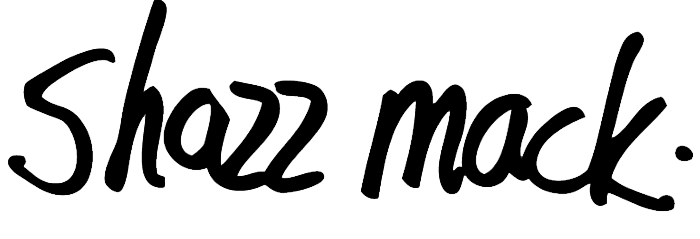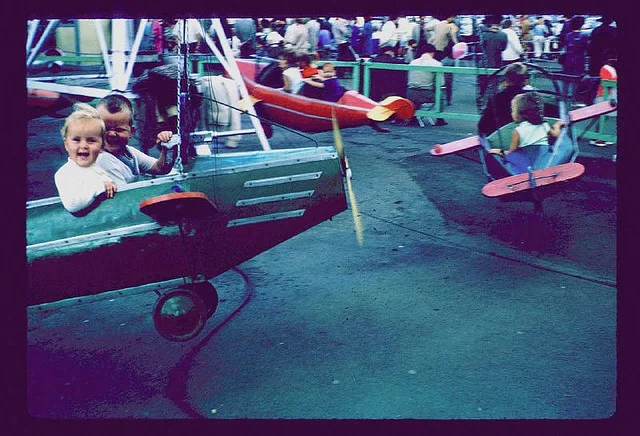Rounding up some media that inspired me in recent weeks ... I'm going to try to do this on a semi-regular basis. Here we go:
THE NEW NEW THING
Not sure why I haven't been reading everything Michael Lewis has ever written?!! The recent pieces about his book on Wall Street's recent trading shenanigans, Flash Boys, has lead me to read his 2001 book, The New New Thing, (as well as a suggestion by my friend, Danelle Greebe). It's a great examination of the Internet explosion's impact on business models, valuations, and the gambling mentality that is just now beginning to wane in the tech world. All seen through an entertaining ethnographic examination of Jim Clark, founder of SGI & Netscape.
BOOK ON Amazon: http://www.amazon.ca/The-New-Thing-Silicon-Valley/dp/0140296468
INTENTION, MEDITATION, LOOSE TIES, HAPPINESS
Shawn Achor visits Google to discuss his most recent book, Before Happiness. In his last book, Shawn described why happiness is the precursor to success. Here, Shawn explains that before we can be happy or successful, we need to first develop the ability to see that positive change is possible.
VIDEO AT Google Talk : http://youtu.be/Muce2TxDlMw
SOCIAL PHYSICS & HOW OUR CONNECTIONS DRIVE OUR BEHAVIOUR
From one of the world's leading data scientists, a landmark tour of the new science of idea flow, offering revolutionary insights into the mysteries of collective intelligence and social influence.
VIDEO AT Google Talk: http://youtu.be/HMBl0ttu-Ow
DESIGNING A GOOD LIFE
Debbie Millman, one of my heroes, about actively creating your life. She's so heart-breakingly honest about her early choices in her education and career, self-loathing, and what she's learned about life.
ARTICLE & VIDEO AT Brain Pickings: http://www.brainpickings.org/index.php/2014/04/29/debbie-millman-good-life-project/
"I’m a big proponent of “busy is a decision.” You decide what you want to do and the things that are important to you. And you don’t find the time to do things — you make the time to do things. And if you aren’t doing them because you’re “too busy,” it’s likely not as much of a priority as what you’re actually doing." - Debbie Millman














